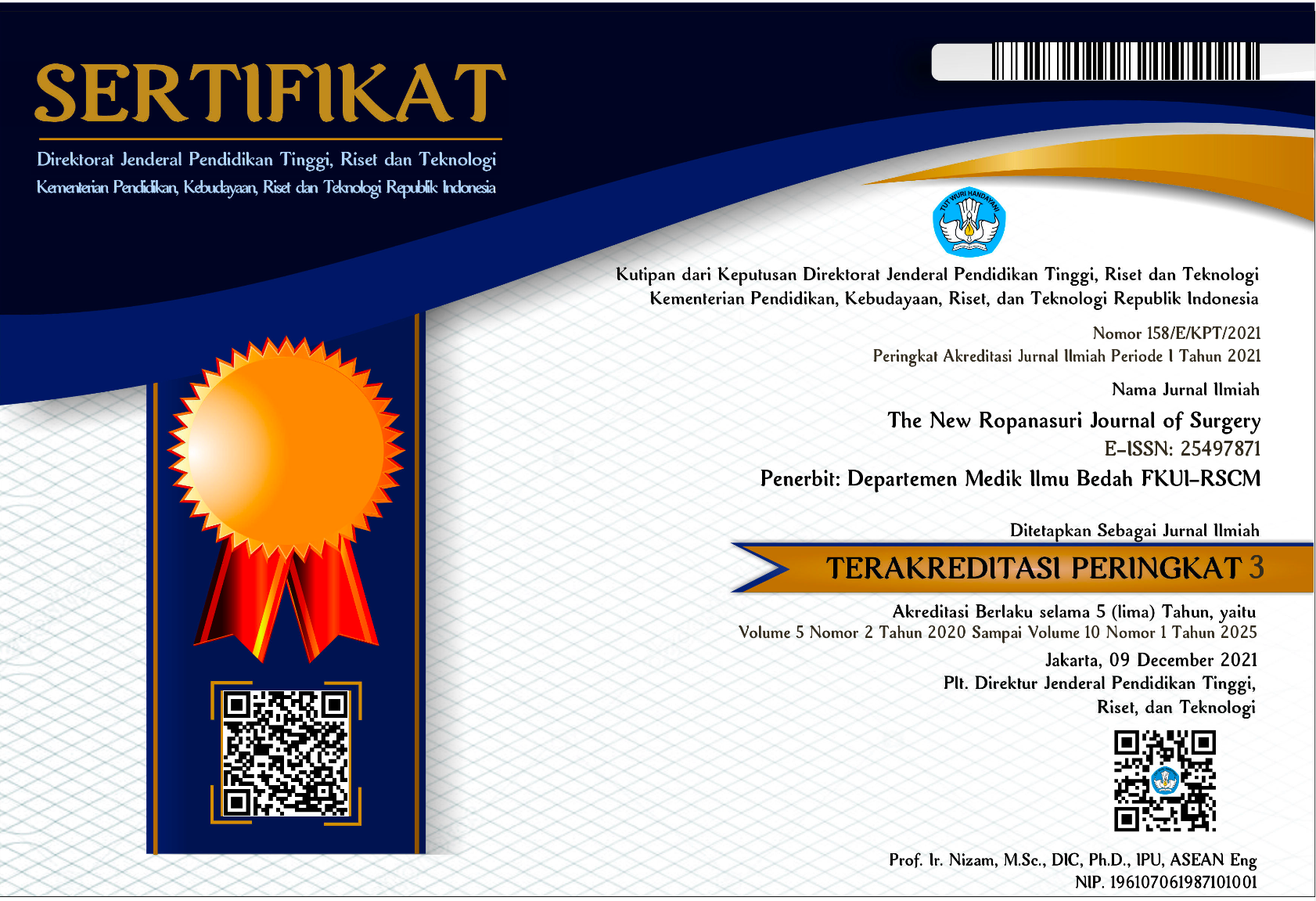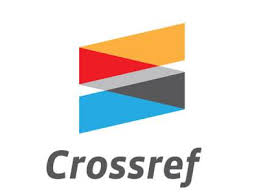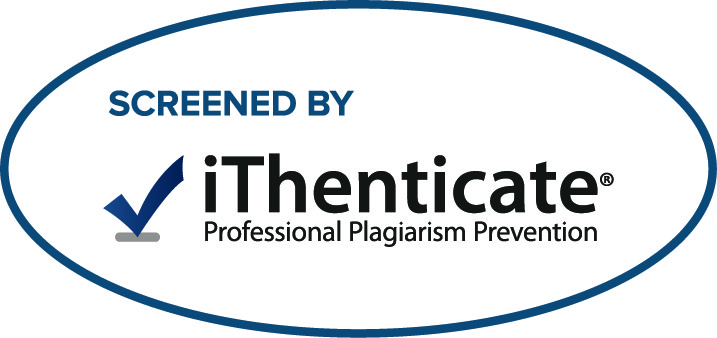Abstract
Introduction. Standard procedural skills training methods include tutorial, workshop, and feedback. Written manuals might add value to those standard methods; nevertheless, depends on how well they are composed. This research is aimed to evaluate the efficiency of well-written manuals of hand knotting skills in order to improve students’ procedural skills learning and competency.
Methods. This research was conducted through preliminary study to identify the assessor reliability and main study to evaluate the students’ scores for reef and surgeon’s knots using an objective structured assessment of technical skills (OSATS). Subjects’ preparedness and perception of the quality of the manuals were evaluated through survey. Students were randomly divided into two groups. The treatment group received written manuals a day before the workshop. Both groups experienced same five steps procedural skills teaching methods. The results were analyzed by SPSS 17.0 through Pearson Chi-square test and independent t-test.
Results. Preliminary study showed that the assessors had no difference in evaluating students’ skills. Main study included 31 subjects in treatment group and 34 subjects in control group. The OSATS scores were statistically significant different between the groups. Students in treatment group had higher mean scores (43.42±7.98) than those in control group (27.21±5.64); p
Conclusion. Well-written manuals of hand knotting skills given prior to skills training improve student’s skills acquisition in addition to the standard teaching methods.
Recommended Citation
Prasetyono, Theddeus O.H and Rezkini, Putri
(2020)
"The Efficiency of Well-Written Manuals Aided-Hand Knotting Skills Acquisition for Undergraduates,"
The New Ropanasuri Journal of Surgery: Vol. 5:
No.
2, Article 2.
DOI: 10.7454/nrjs.v5i2.1092
Available at:
https://scholarhub.ui.ac.id/nrjs/vol5/iss2/2













